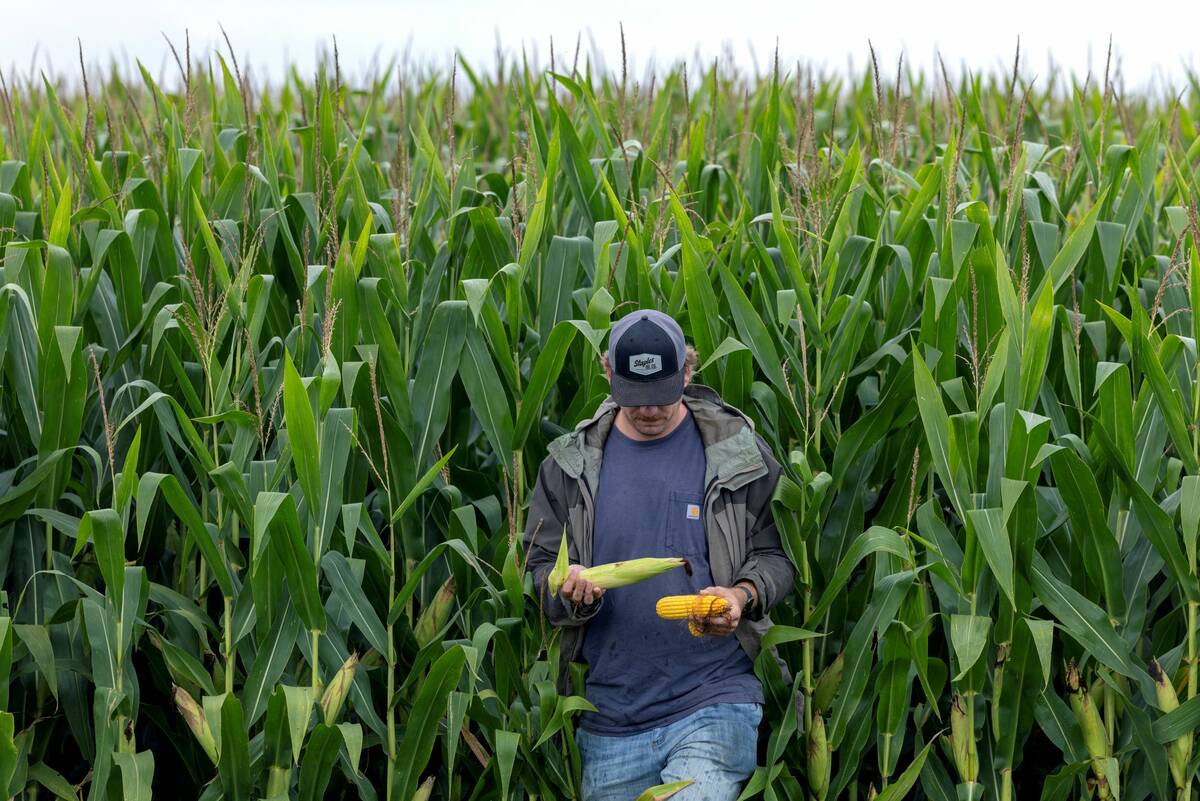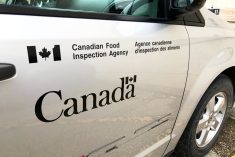Reuters — Campbell Soup said it will label all its U.S. products for the presence of ingredients derived from genetically modified organisms, becoming the first major food company to respond to growing calls for more transparency about ingredients.
The world’s largest soup maker also said it supports the enactment of federal legislation for a single mandatory labeling standard for foods derived from genetically modified organisms (GMOs) and that it supports a national standard for non-GMO claims made on food packaging.
The company, which also makes Pepperidge Farm cookies and Prego pasta sauces, said it would withdraw from all efforts by groups opposing such measures.
Read Also

The U.S. corn crop could be the biggest ever. That’s terrible news for America’s farmers.
The USDA predicts a record corn crop for U.S. farmers, who question the agency’s accuracy amidst high debt and low crop prices.
Several activist groups have been pressuring food companies to be more transparent about the use of ingredients, especially GMO-derived ones, as questions are being raised on their effects on health and the environment.
Several big companies such as Monsanto, PepsiCo and Kellogg have resisted such calls and have spent millions of dollars to defeat GMO-labeling ballot measures in states such as Oregon, Colorado, Washington and California, saying it would add unnecessary costs.
In 2014, Vermont became the first U.S. state to pass a law requiring food companies to label GMOs on their products, which will come into effect in July.
Campbell said late Thursday that if a federal solution has not been achieved in some time, it was prepared to label all of its U.S. products for the presence of ingredients that were derived from GMOs and would seek guidance from the U.S. Food and Drug Administration and approval by the U.S. Department of Agriculture.
Campbell said in July it would stop adding monosodium glutamate (MSG) to its condensed soups for children and use non-GM ingredients sourced from U.S. organic farms in its Campbell’s organic soup line for kids.
The company also said it would remove artificial colours and flavours from nearly all of its North American products by July 2018.
— Reporting for Reuters by Siddharth Cavale and Sneha Teresa Johny in Bangalore.











